British Shorthair cats are a popular breed known for their gentle and loving temperament. They are also known for their distinctive appearance, with their short, dense coats and broad, round heads. Like all cats, British Shorthairs have specific nutritional needs that must be met in order to stay healthy and happy. In this article, we will discuss the dietary needs of British Shorthair cats and provide some feeding tips to help you ensure your feline friend is getting the best nutrition possible.
Nutrition of British Shorthair Cats
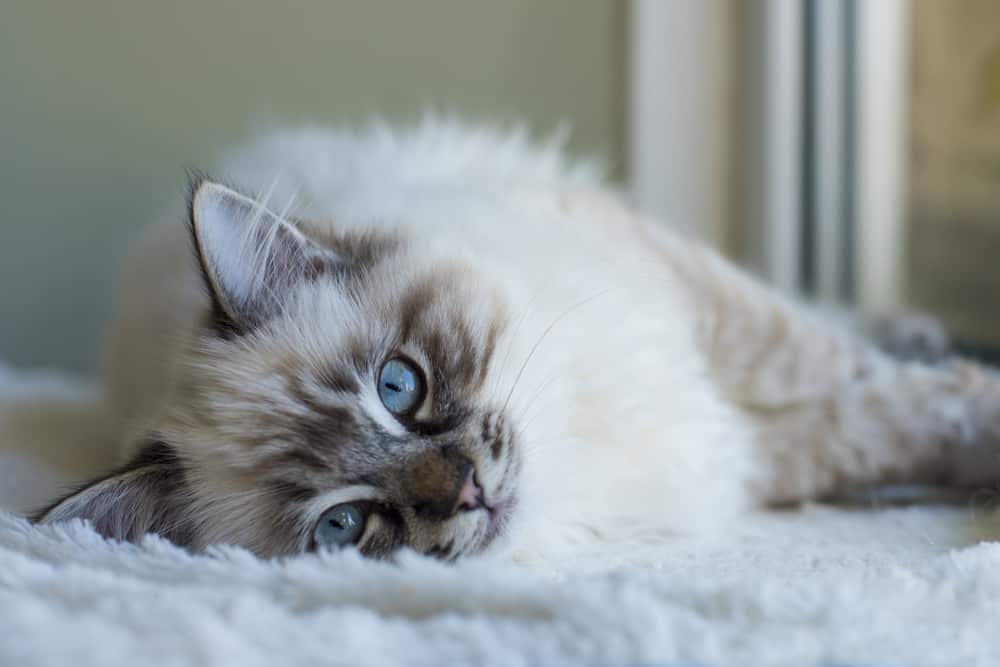
Before we dive into the specifics of what British Shorthair cats should eat, it's important to understand their basic nutritional needs. In the wild, cats are obligate carnivores, meaning that they must eat meat in order to survive. Their digestive systems are designed to break down and absorb nutrients from animal-based proteins. This means that a diet high in protein and low in carbohydrates is essential for their health.
What Do British Shorthair Cats Eat?
In general, British Shorthair cats should be fed a high-quality, commercially prepared cat food that is specifically formulated for their age and activity level. These foods are designed to meet the nutritional needs of cats and provide them with all the essential vitamins, minerals, and nutrients they need to thrive.
However, if you prefer to feed your cat a homemade diet, it's important to consult with a veterinarian or a veterinary nutritionist to ensure that your cat is getting all the necessary nutrients. Homemade diets can be tricky to balance, and without proper guidance, your cat may not be getting all the nutrients they need.
Dietary Needs of British Shorthair Cats
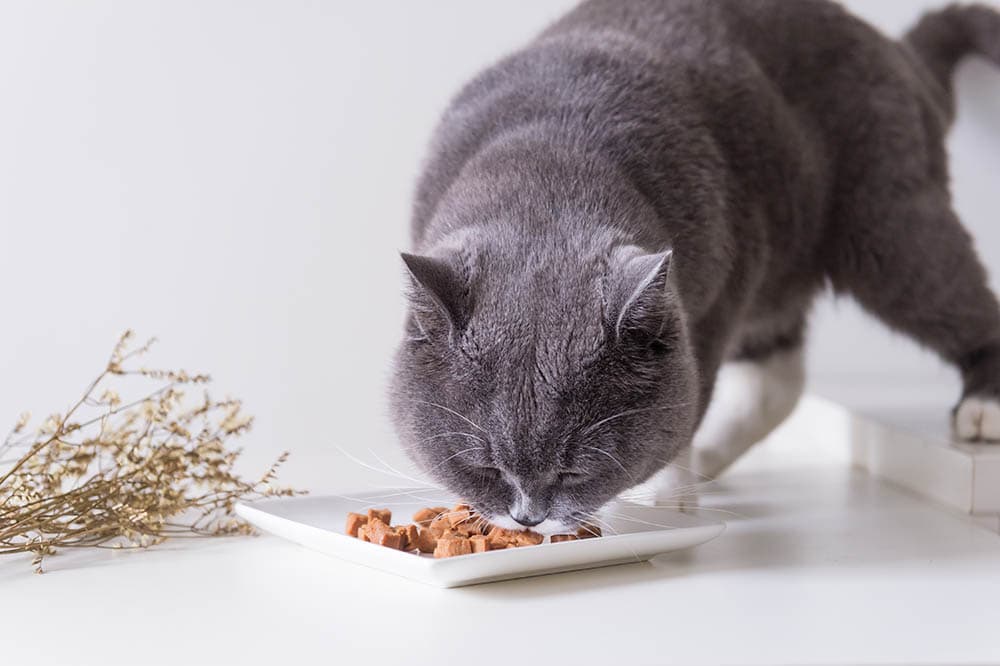
The dietary needs of British Shorthair cats vary depending on their age, activity level, and overall health. However, some general guidelines can be followed to ensure that your cat is getting the nutrients they need.
Protein
Protein is the most important nutrient for British Shorthair cats. It is essential for building and repairing tissues, producing energy, and making hormones and enzymes. Kittens and pregnant or nursing cats need more protein than adult cats. A good rule of thumb is to look for a cat food that has at least 30% protein content.
When it comes to protein sources, meat should be the primary ingredient in your cat's diet. Look for foods that list specific animal proteins, such as chicken, turkey, or fish, rather than generic terms like "meat" or "poultry." This will ensure that your cat is getting high-quality protein from identifiable sources.
Fats
Fats are also an important part of a British Shorthair cat's diet. They provide energy, help to absorb vitamins, and protect the cat's organs. Look for cat foods that have a moderate fat content, around 15-20%. Too much fat can lead to obesity and other health issues, while too little can result in a dull coat and dry skin.
When choosing fats for your cat's diet, opt for healthy sources such as chicken fat, fish oil, or flaxseed oil. Avoid foods that contain excessive amounts of plant-based oils, as these can be difficult for cats to digest.
Carbohydrates
As obligate carnivores, cats do not have a biological need for carbohydrates in their diet. However, some carbohydrates can provide beneficial nutrients and fiber for cats. When choosing a cat food, look for those that have a low carbohydrate content, ideally less than 10%.
Avoid foods that use grains as a main ingredient, as these can be difficult for cats to digest and may cause allergies or digestive issues. Instead, opt for foods that use easily digestible carbohydrates such as sweet potatoes or peas.
Feeding Your British Shorthair Cat

Now that you understand the basic nutritional needs of British Shorthair cats, let's discuss some tips for feeding your feline friend.
Best Foods for British Shorthair Cats
When it comes to choosing the best food for your British Shorthair cat, there are a few key things to keep in mind. Look for foods that are specifically formulated for their age and activity level. Kittens have different nutritional needs than adult cats, and senior cats may require a diet with fewer calories.
In addition, look for foods that use high-quality animal proteins as the main ingredient and have a moderate fat content. Avoid foods that contain artificial preservatives, colors, or flavors, as these can be harmful to your cat's health.
What Can British Shorthair Cats Eat?
Aside from their regular cat food, there are some human foods that British Shorthair cats can safely eat in moderation. These include cooked chicken, turkey, or fish, as well as small amounts of cooked vegetables such as carrots or green beans. However, it's important to avoid giving your cat any foods that are toxic to them, such as onions, garlic, grapes, or chocolate.
It's also important to note that while milk is often associated with cats, many cats are actually lactose intolerant and should not be given dairy products. Stick to water as the main source of hydration for your cat.
Healthy Diet for British Shorthair Cats
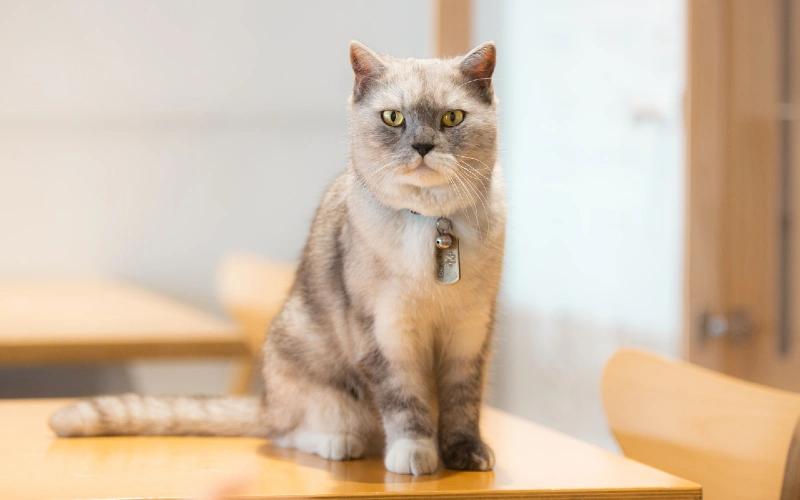
In addition to providing your British Shorthair cat with a balanced and nutritious diet, there are some other factors to consider for their overall health.
Hydration
Cats are notorious for not drinking enough water, which can lead to dehydration and other health issues. Make sure your cat always has access to fresh, clean water. You can also try adding a little bit of water to their wet food to increase their water intake.
Portion Control
Obesity is a common issue among domestic cats, and British Shorthairs are no exception. It's important to monitor your cat's food intake and adjust their portions accordingly. Follow the feeding guidelines on the cat food packaging, but also pay attention to your cat's body condition. If they are gaining weight, you may need to decrease their portion size.
Regular Vet Visits
Regular visits to the veterinarian are crucial for maintaining your British Shorthair cat's health. Your vet can assess your cat's overall health and make recommendations for their diet based on their individual needs. They can also catch any potential health issues early on and provide treatment before they become more serious.
Choosing the Right Food for Your British Shorthair Cat
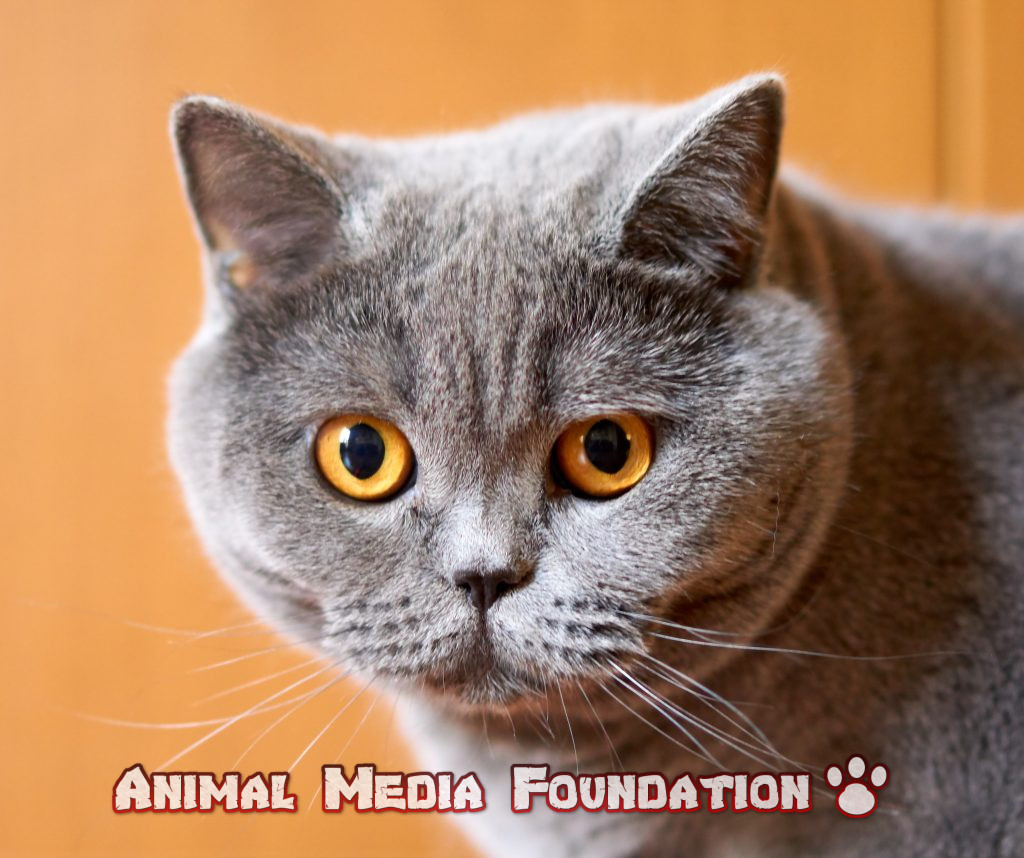
With so many options available, it can be overwhelming to choose the right food for your British Shorthair cat. Here are some key things to consider when making your decision:
- Age: As mentioned earlier, make sure to choose a food that is specifically formulated for your cat's age.
- Activity level: If your cat is very active, they may require a higher calorie diet. On the other hand, if they are less active, a lower calorie diet may be more suitable.
- Health concerns: If your cat has any health issues, such as allergies or digestive problems, make sure to choose a food that addresses these concerns.
- Ingredients: Look for foods that use high-quality animal proteins as the main ingredient and avoid those that contain artificial preservatives, colors, or flavors.
- Brand reputation: Do your research and choose a reputable brand with a history of producing high-quality cat food.
Common Mistakes in Feeding British Shorthair Cats
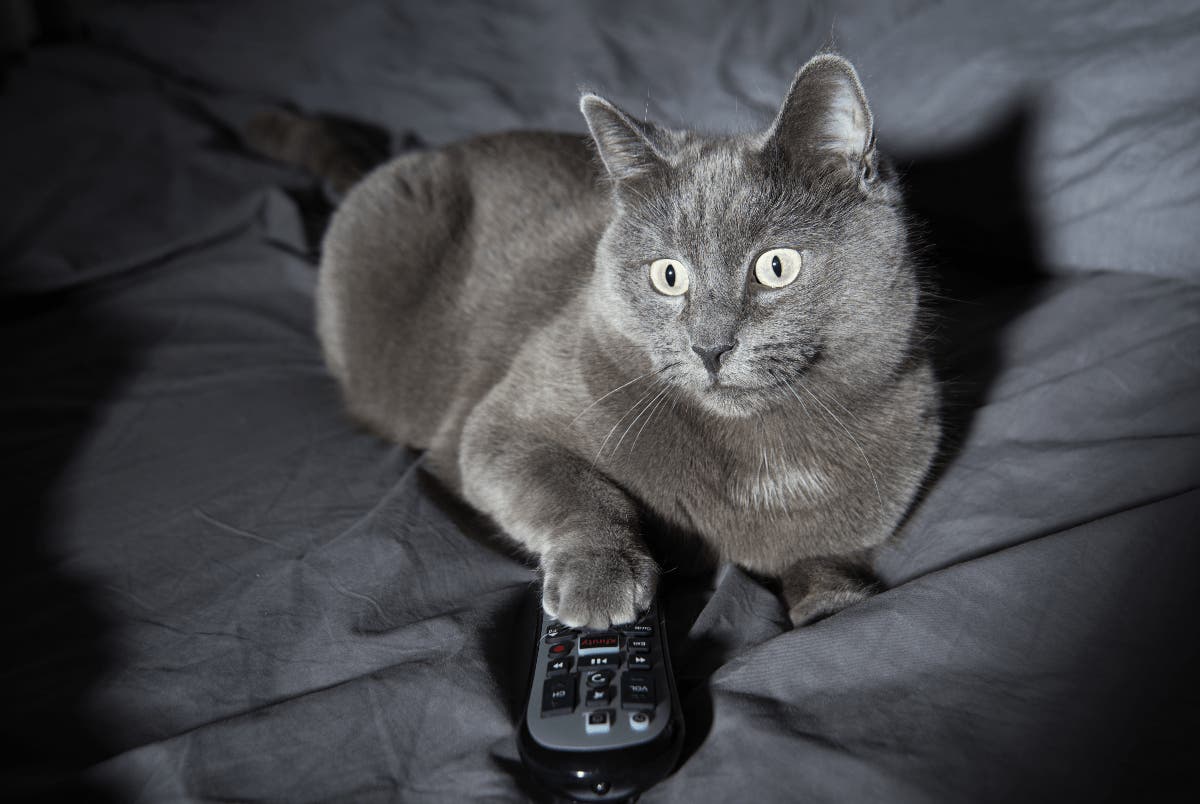
While most cat owners have the best intentions when it comes to feeding their pets, there are some common mistakes that can have negative effects on a British Shorthair cat's health. These include:
- Overfeeding: As mentioned earlier, portion control is crucial for preventing obesity in cats. Make sure to follow the feeding guidelines and adjust portions as needed.
- Feeding table scraps: While it can be tempting to give your cat a taste of your food, many human foods are not suitable for cats and can cause health issues.
- Inadequate water intake: As mentioned earlier, cats need access to fresh, clean water at all times. Make sure to monitor your cat's water intake and encourage them to drink more if needed.
- Not consulting with a veterinarian: If you have any concerns about your cat's diet or overall health, it's important to consult with a veterinarian. They can provide personalized recommendations for your cat's specific needs.
Conclusion
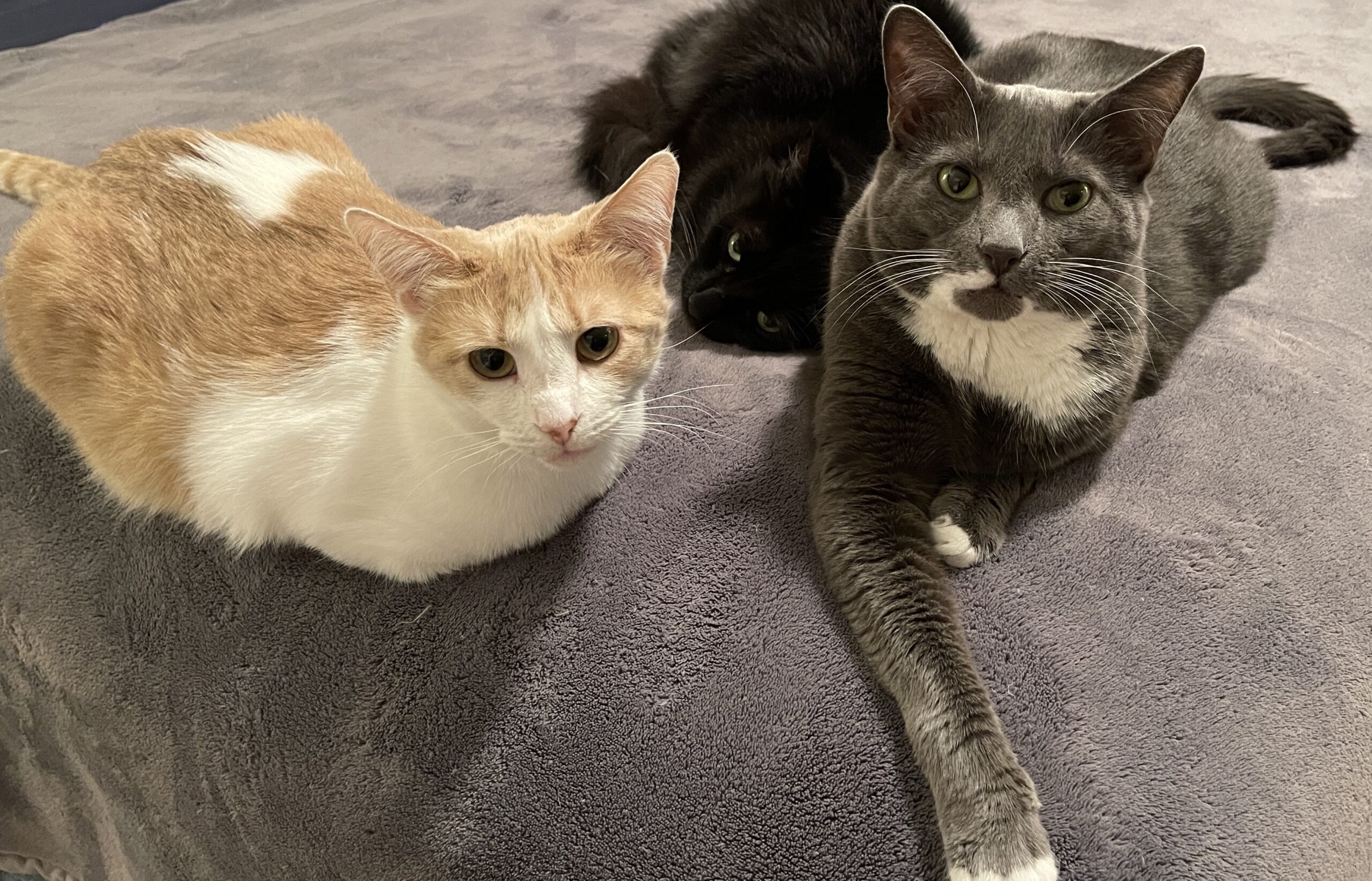
In conclusion, British Shorthair cats have specific nutritional needs that must be met in order to stay healthy and happy. A diet high in protein and low in carbohydrates is essential for their health, and it's important to choose a high-quality cat food that is specifically formulated for their age and activity level. By following these feeding tips and avoiding common mistakes, you can ensure that your British Shorthair cat is getting the best nutrition possible. Remember to always consult with a veterinarian for personalized recommendations for your cat's individual needs.
Nhận xét
Đăng nhận xét